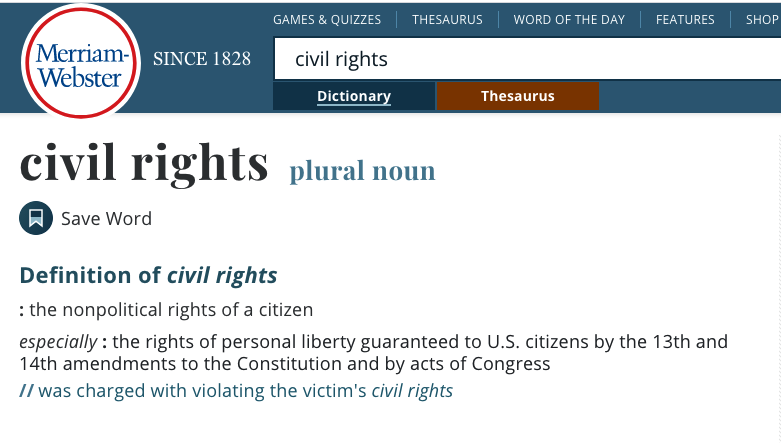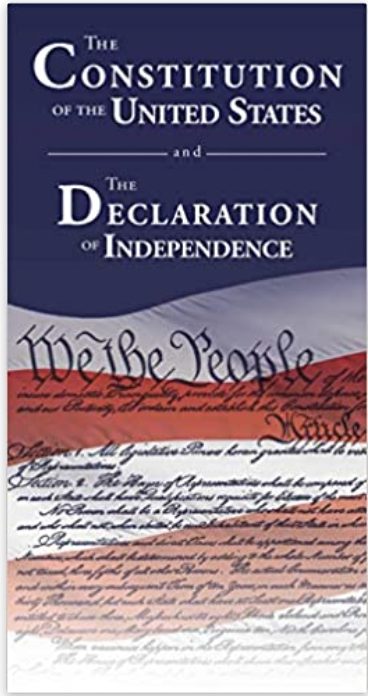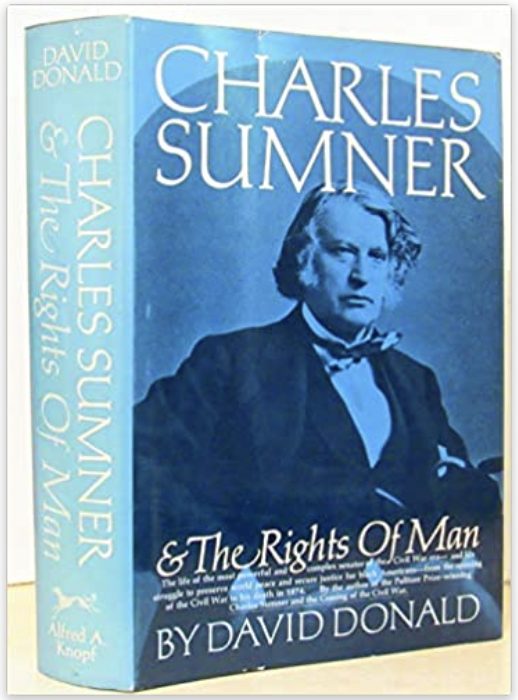Food for Thought: “Civil Rights” are centuries older than you thought.

While "civil rights" may seem like a uniquely American concept dating back to the end of the Civil War, the history of "civil rights" actually begins with Homer. (Not Simpson. That other one.) Tweet
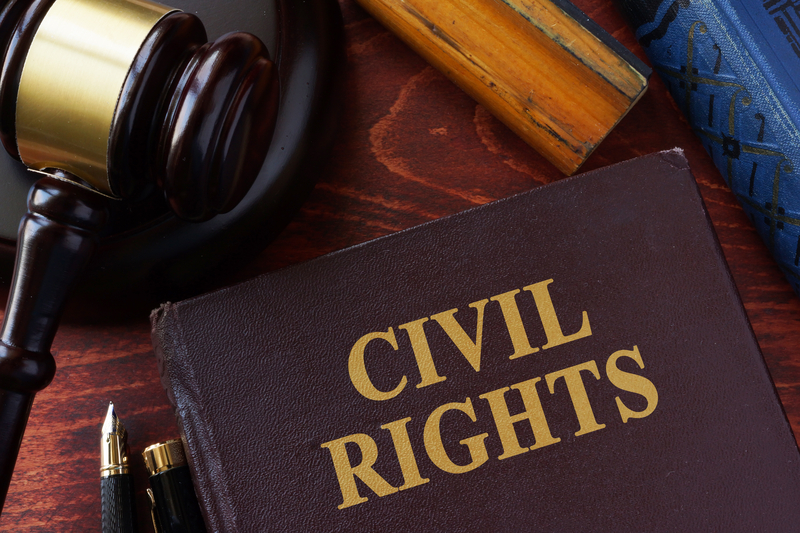
Highlights
If the idea of "civil rights" seems hardwired in your brain...
...as an intuitive way of understanding what should naturally come as an entitlement of human life...
...there's a reason why:
It's been with us since around 750BC, or earlier. Homer understood the idea.
Civil rights?
If you’re like us, you may have thought the whole concept of “civil rights” was born in the US in the 1960s with Martin Luther King, Woody Guthrie and Rosa Parks.
But that’s wrong on many counts.
First of all, the timing is off:
* Woody Guthrie wrote his anthem for the US civil rights movement, This Land Is Your Land, in 1940. Because of declining health due to Huntington’s disease, his career as a musician ended in the late 1950s and he died in 1967.
* Although the US civil rights movement is generally referred to as being “part of the 60s,” Martin Luther King Jr. began his work on civil rights in the 50s. In fact, it was in 1955, as part of the Montgomery bus boycott that involved Rosa Parks and 15-year-old Claudette Colvin, that King became known nationally as a spokesperson for civil rights.
The concept of civil rights dates all the way back to Homer.
Many also think the concept of “civil rights” is an American concept dating back to Republican senator Charles Sumner of Massachusetts’ US Senate’s Civil Rights Act of 1875 after the passage of the Thirteenth, Fourteenth and Fifteenth Amendments (the “Reconstruction amendments”) to the Constitution in 1865, 1868 and 1870; but that’s not correct, either.
In fact, the concept of religious rights dates all the way back to year 313 and the Edict of Milan.
But Merriam-Webster traces the first use of the term “civil rights” in English to the 1614 translation of Homer’s The Odyssey by George Chapman:
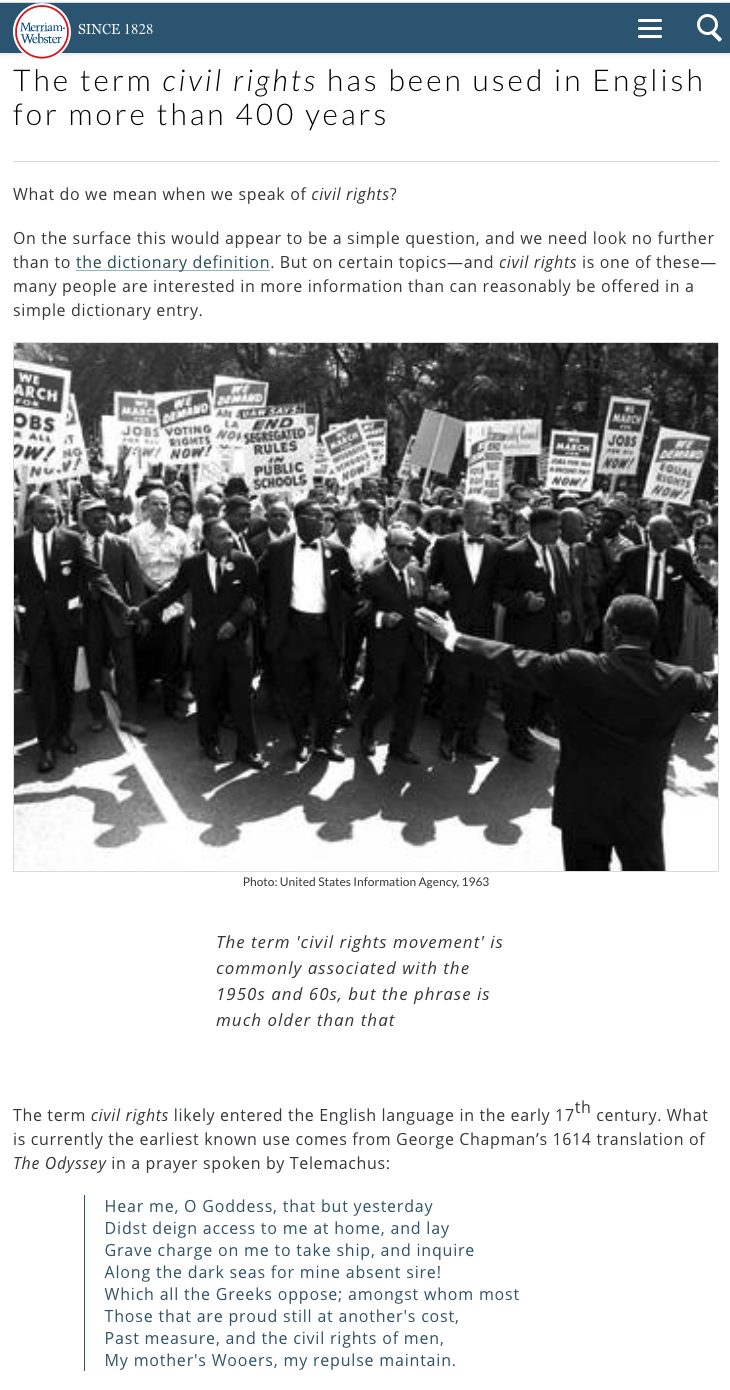
Finally, it’s worth noting Merriam-Webster’s odd definition of “civil rights,” given the long global history of the term:
